Young people are essential to our growth. On their path to adulthood, their lives are filled not just with academic, cultural, and sporting activities, but also with non-formal education and youth work ones. Accelerated technological advancement and COVID-19 pandemic brought upon digitalization in all spheres of our lives. CONNECT International was one of the few organizations that enthusiastically welcomed this transformation, owing to its prior field experience.
To ensure that digital infrastructure is used meaningfully and at the benefit of young people, CONNECT International and its members have been tirelessly exploring ways to deploy digital tools and innovation more efficiently in youth work. While digital transformation is unavoidable, its successful implementation in our daily lives is not. Therefore, our policy work provides compelling arguments for bringing humanity to digital life and ensuring that technology is meaningfully used to benefit all young people, while safeguarding their rights in the digital realm.
%
percent of youth organizations and organizations for youth across Europe reported using digital tools on daily bases in their work.
The Do (not) Digitalize Me initiative offers insightful evidence-based policy recommendations on the matter. Youth and representatives from over 200 local, national, and international youth organizations from across Europe joined our initiative to debate this issue and assist us in developing evidence-based policy proposals aimed at promoting the meaningful use of digitalization in youth work. CONNECT conducted research prior to developing these recommendations, which served as a foundation for validating and developing these policy proposals.
We believe that these policy recommendations come at an opportune time, considering the increased presence of digitalization in the field of youth work. It is crucial, in our opinion, to design new policies with an understanding of the impact that it might have on young people’s social inclusion, individual development, and mental health. We believe that these recommendations will assist you in making evidence-based decisions, resulting in a balanced and purposeful use of digital technologies in youth work that benefits young people throughout Europe.
Policy Recommendations
OVAJ BLOK NE KORISTIT
Boost a debate about the impact of digitalization
 CONNECT urges the authorities to promote greater debates on how to implement digitization in the youth sector, bearing in mind it should be used only when purposeful and at the benefit of young people. Europe as a whole should engage in debate and provide more clarity on how to digitally transform the youth sector. The lack of discussion among all stakeholders about the standardization of digital youth work, poses a significant concern, if not a threat, to the youth sector.
CONNECT urges the authorities to promote greater debates on how to implement digitization in the youth sector, bearing in mind it should be used only when purposeful and at the benefit of young people. Europe as a whole should engage in debate and provide more clarity on how to digitally transform the youth sector. The lack of discussion among all stakeholders about the standardization of digital youth work, poses a significant concern, if not a threat, to the youth sector.
According to CONNECT’s research, the COVID-19 pandemic enhanced the youth sector’s digitalization. 49.7 percent of youth organizations claimed that more than half of their in-person activities had been shifted to digital platforms, while another 32.7 percent reported that they had transferred all of their in-person activities to digital platforms. Additionally, 61.6 percent of respondents indicated that they intend to utilize digital tools extensively in the future, while 32.1 percent indicated that they intend to use them for some activities.
Technological innovation necessitates youth sector innovation. Even before the pandemic, CONNECT emphasized the significance of this matter. Now, at a time when huge corporations are announcing mass production of advanced technologies, such as virtual reality, and the development of new ones, the youth sector cannot afford to pass up the opportunity to explore models for successfully dealing with new waves of digital transformation. CONNECT continuously emphasizes that digitalization has many advantages that, when used properly, can benefit communities and young people. In this regard, it is essential to foster discussions that will allow for the development of a common understanding about the high-quality digital youth work, its standardization, and the manner in which youth work should be carried out in the virtual world.
Assist in ensuring inclusive digital youth work
 CONNECT is actively working to ensure fair access to opportunities for all young people, and urges authorities to give special attention to this issue. With the COVID-19 pandemic accelerating the digitalization of education, work, and training, many young people had to digitalize their lives. Some groups, such as the disadvantaged, encountered numerous problems in the digital transition – both in terms of their individual characteristics, as well as in terms of digital literacy and a lack of digital infrastructure. Groups that were already difficult to reach became substantially more difficult to reach as a result of the pandemic, while new disadvantaged groups emerged.
CONNECT is actively working to ensure fair access to opportunities for all young people, and urges authorities to give special attention to this issue. With the COVID-19 pandemic accelerating the digitalization of education, work, and training, many young people had to digitalize their lives. Some groups, such as the disadvantaged, encountered numerous problems in the digital transition – both in terms of their individual characteristics, as well as in terms of digital literacy and a lack of digital infrastructure. Groups that were already difficult to reach became substantially more difficult to reach as a result of the pandemic, while new disadvantaged groups emerged.
This challenge must be examined from a range of viewpoints. Primarily from the standpoint of those groups who are deemed to be disadvantaged in the offline world, as well as from the standpoint of new disadvantaged groups that have emerged as the result of digitalization. For example, although the number of young people in the EU with Internet connection raised to 92 percent in 2021, the figure is not the same on the entire European continent. Depending on the country, not all young people have access to the Internet, and even fewer have suitable equipment to attend formal and non-formal education programs. Many young people use mobile phones for all their daily activities and, as a result, are unable to experience the same contents as their friends who use laptop computers. On the other hand, educators also experienced difficulty in delivering online programs for certain groups, such as those with specific educational needs, because they were not equipped with necessary skills for delivering such programs. According to CONNECT’s study, 45 percent of respondents want to learn more about the social impact of digital tools, and 57.2 percent want to increase their expertise of using digital tools in non-formal education.
Digital skills before digital youth work
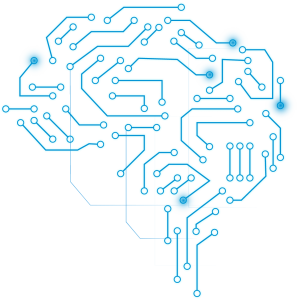 CONNECT believes that increasing the digital literacy of both youth workers/trainers and young people may be achieved by transferring knowledge about the use of digital technologies and skills that will help both groups adapt to new IT trends. According to CONNECT’s research, digital skills to adapt to new IT trends are a constant challenge for 23.3 percent of youth organizations and a challenge at times for 43.4 percent of respondents. The digital transformation can only be regarded as effective if young people and youth workers are empowered and equipped to use technology for the benefit of their personal and community development.
CONNECT believes that increasing the digital literacy of both youth workers/trainers and young people may be achieved by transferring knowledge about the use of digital technologies and skills that will help both groups adapt to new IT trends. According to CONNECT’s research, digital skills to adapt to new IT trends are a constant challenge for 23.3 percent of youth organizations and a challenge at times for 43.4 percent of respondents. The digital transformation can only be regarded as effective if young people and youth workers are empowered and equipped to use technology for the benefit of their personal and community development.
According to CONNECT’s research, over half of youth organizations have engaged in 1 to 5 digital tool trainings in the last several years, while 31.4 percent have never participated in any digital skills development training. Almost one-third of respondents cited a lack of knowledge and abilities in using digital tools as a major impediment.
Finally, when asked what types of knowledge and skills they would like to gain, respondents listed:
- 57.2 percent would like to improve digital skills for delivering non-formal education;
- 57.2 percent would like to improve creativity in the use of digital tools;
- 47.2 percent would like to keep up with new IT trends;
- 29.6 percent would like to better understand the technology.
Establish high quality standards in digital youth work
 CONNECT urges donors to establish minimum and maximum standards for online NFE program delivery, as well as provide additional capacity building for youth organizations to deliver online programs. 55,3% of respondents said that young people’s motivation to participate in online activities is a major worry. The lengths of online events, a lack of interactivity, mental exhaustion, a lack of digital skills, and other factors all contributed to this problem.
CONNECT urges donors to establish minimum and maximum standards for online NFE program delivery, as well as provide additional capacity building for youth organizations to deliver online programs. 55,3% of respondents said that young people’s motivation to participate in online activities is a major worry. The lengths of online events, a lack of interactivity, mental exhaustion, a lack of digital skills, and other factors all contributed to this problem.
CONNECT’s research found that organizations reported a noticeable improvement in content quality, and that young people were at the same time less motivated to participate in online activities as a result of the aforementioned concerns. There is still a significant need to improve the quality of digital non-formal education so that knowledge, skills, and attitudes can be transferred meaningfully. It is necessary to foster more dialogue among diverse stakeholders in order to develop a road-map for standardizing online youth work, and to exchange positive and negative models of practice. Based on this, capacity-building programs such as trainings of trainers for delivering online non-formal education programs, new apps and guidelines for online non-formal education, trainings on generating online educational materials, and so on should be produced.
CONNECT also invites donors to establish minimum and maximum requirements for online programs that clearly define the principles on how to deliver online non formal education. Some of the ideas in the CONNECT study include: reducing the number of activities, taking longer pauses, including more energizers, structuring the time well, focusing more on morning sessions, and so on.
Prepare youth organizations for digital youth work era
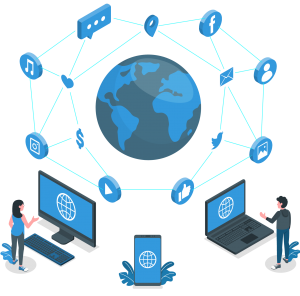 CONNECT encourages institutions to support youth organizations by offering further training in the design and implementation of privacy practices, as well as by addressing data protection concerns when evaluating new funding proposals. Citing CONNECT study, one in four youth organizations says a lack of data protection knowledge hinders their operations. Statistics, on the other hand, suggest that 2021 was a record-breaking year for data breaches. CONNECT is a firm believer in the necessity of data protection and has been actively assisting various organizations in developing internal data protection processes in order to comply with the GDPR.
CONNECT encourages institutions to support youth organizations by offering further training in the design and implementation of privacy practices, as well as by addressing data protection concerns when evaluating new funding proposals. Citing CONNECT study, one in four youth organizations says a lack of data protection knowledge hinders their operations. Statistics, on the other hand, suggest that 2021 was a record-breaking year for data breaches. CONNECT is a firm believer in the necessity of data protection and has been actively assisting various organizations in developing internal data protection processes in order to comply with the GDPR.
According to CNBC, from 2018 to 2020, there were more than 160.000 GDPR data breach notifications and more than EUR 100 million in fines. The most severe penalty imposed under GDPR until 2020 was a EUR 50 million fine imposed on Google. If such a large entity cannot properly implement the Directive, how can youth organizations? CONNECT has previously worked on developing guidelines for youth organizations to develop data protection policies inside their structures, and has proposed that each organization have a Data Protection Officer who is constantly trained to comply with GDPR and other data protection regulations. CONNECT encourages institutions and donors to provide more training on this matter for youth organizations.
Furthermore, in order to achieve data security and protection, youth organizations require financial resources to cover the costs of licenses and the upkeep of digital platforms that they develop. CONNECT encourages donors to consider data protection concerns when evaluating new funding proposals, as well as multi-year licenses/maintenance expenses if an organization applies with the intention of developing a platform or a mobile app – in order to ensure its existence even once the project is over.
Don’t replace in-person youth work, compliment it with digital one
 A similar Right to disconnect for employees has inspired CONNECT to encourage authorities to collaborate with stakeholders on developing and promoting a balanced understanding of digital and in-person activities for young people, emphasizing that digital activities should be implemented to benefit young people, not the other way around. According to CONNECT’s study, 71.7 percent of respondents anticipate that the use of digital tools in youth work will expand in the future, despite their hope for the pandemic to end soon. In that regard, authorities must pay particular attention to the mental well-being of young people, as well as development of their socio-emotional skills, which have already been affected in the previous two years as a result of their lives being cluttered with digital activities.
A similar Right to disconnect for employees has inspired CONNECT to encourage authorities to collaborate with stakeholders on developing and promoting a balanced understanding of digital and in-person activities for young people, emphasizing that digital activities should be implemented to benefit young people, not the other way around. According to CONNECT’s study, 71.7 percent of respondents anticipate that the use of digital tools in youth work will expand in the future, despite their hope for the pandemic to end soon. In that regard, authorities must pay particular attention to the mental well-being of young people, as well as development of their socio-emotional skills, which have already been affected in the previous two years as a result of their lives being cluttered with digital activities.
Throughout the pandemic, young people have reported on the difficulties they have encountered as a result of the digitalization of nearly all of their daily activities. CONNECT is unambiguous on this: digitization should be used carefully and to the benefit of youth. In that regard, it is necessary to foster understanding among many stakeholders regarding the appropriate balance of in-person and digital activities, with both being delivered for the benefit of young people. This understanding can be turned into international resolutions and guidelines that can be shared with national and local authorities, empowering them to adopt/develop locally tailored legislation or guidelines to address this issue.
Step up the fight for critical-thinking education
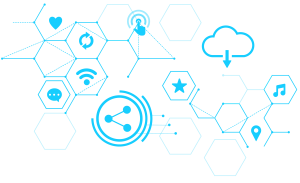 Confronted with ongoing disinformation and malevolent intents to exploit people for personal gain, CONNECT believes that youth organizations and networks can aid institutions in promoting media literacy among young people, which is essential for safeguarding human rights and democratic values in the digital realm. With the rising digitalization of our daily life, media literacy has never been more important. This is especially true for young people, whose lives were almost completely digitalized in 2020 and 2021.
Confronted with ongoing disinformation and malevolent intents to exploit people for personal gain, CONNECT believes that youth organizations and networks can aid institutions in promoting media literacy among young people, which is essential for safeguarding human rights and democratic values in the digital realm. With the rising digitalization of our daily life, media literacy has never been more important. This is especially true for young people, whose lives were almost completely digitalized in 2020 and 2021.
Media literacy has always been a necessity, but it has become even more so. Often, policy is developed at the institutional level, with little recognition of the role of youth organizations in developing media literacy. CONNECT truly believes that youth organizations can reach out to young people through their networks and everyday activities, thereby contributing significantly to young people’s media literacy development. Critical thinking skills among young people, particularly on social media, are crucial for the preservation of democracy and democratic values.

